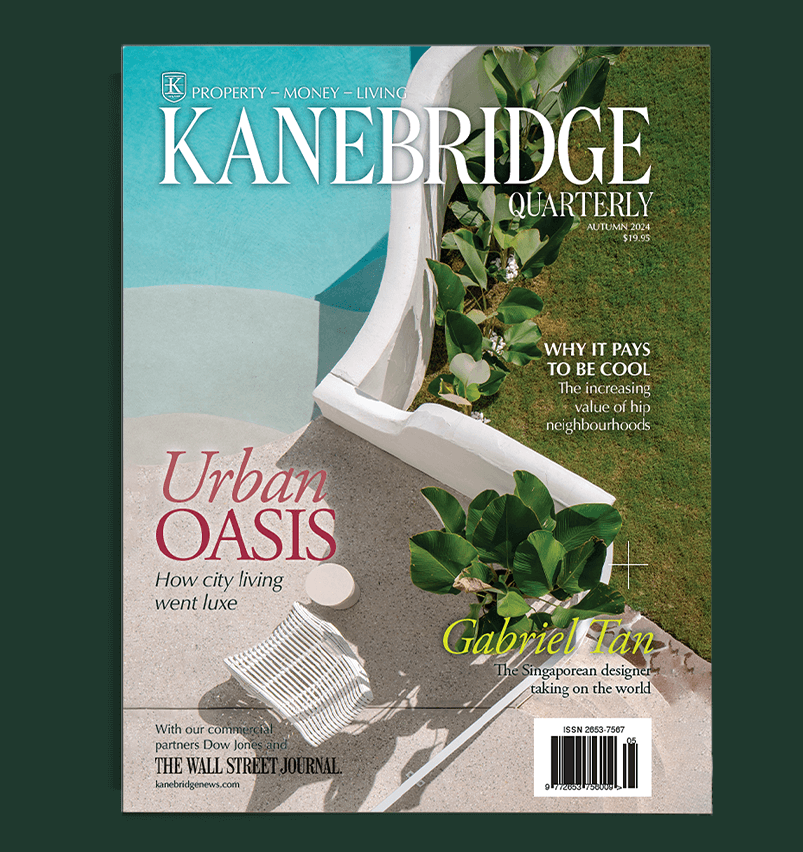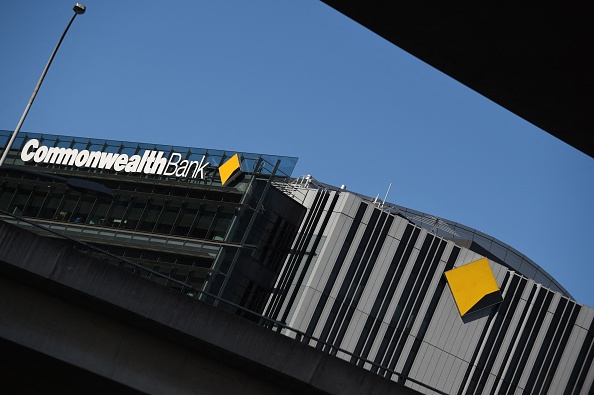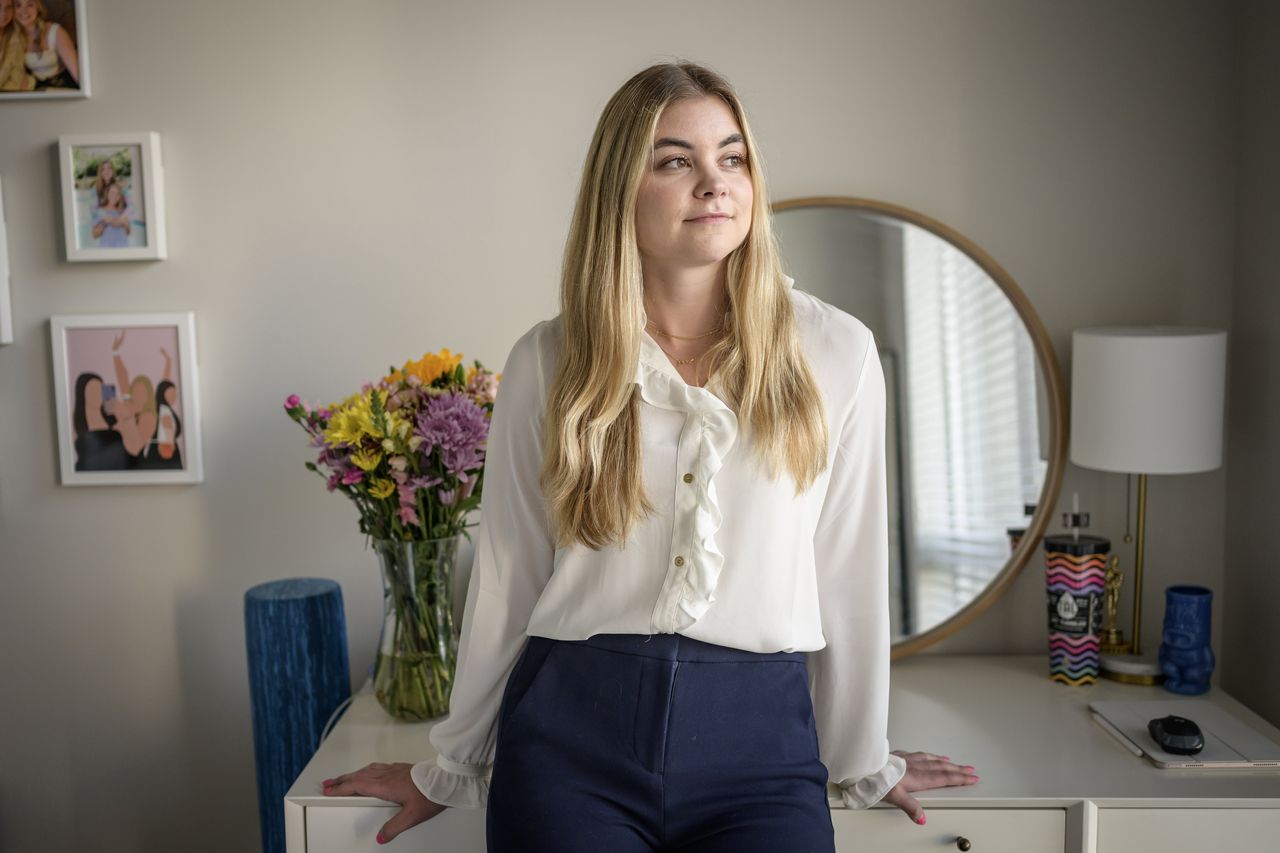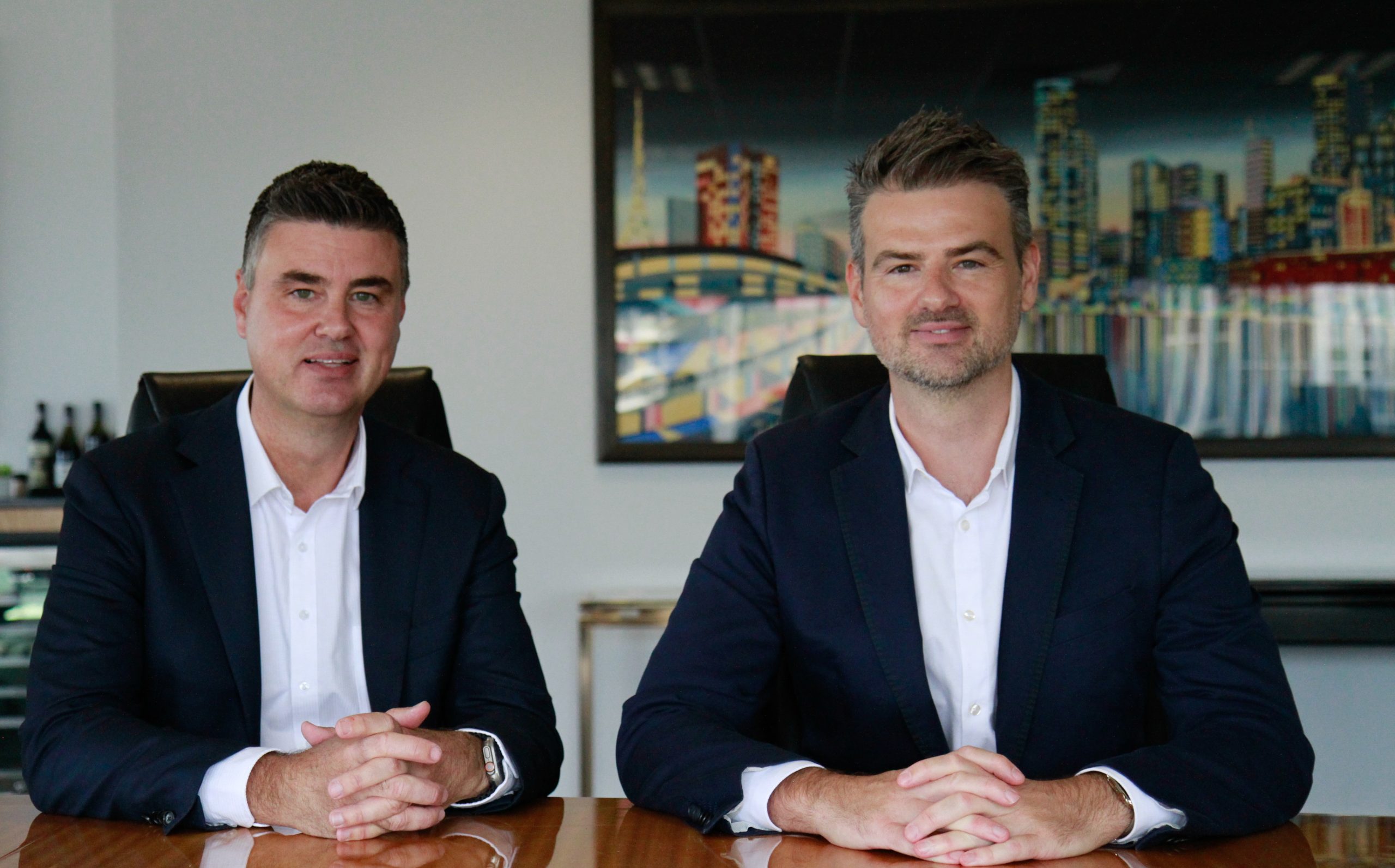Profits up for Australia’s biggest home loan lender
Commonwealth Bank CEO says Australia’s strong banking system placed the economy in a good position to weather domestic and global challenges
Profits at the Commonwealth Bank are up 10 percent on this time last year, according to its latest trading update released today.
The country’s largest mortgage lender posted an unaudited cash net profit after tax of $2.6 billion for the third quarter of this financial year. At the same time it noted that growth had slowed by 2 percent over the first half of the year.
“Volume growth (has been) offset by lower net interest margins primarily from continued competitive pressure in home loan pricing and customers switching to higher yielding deposits,” the bank said in a statement.
“Competition for home loans has remained intense in Australia and New Zealand.
“Non-interest income was 11 percent higher, primarily driven by higher trading income and the non-recurrence of losses from equity accounted investments in the prior half.”
The bank credited its ‘franchise strength, customer focus and consistent operational execution’ for the profits it had delivered, pointing to particularly strong growth in the retail bank sector, with the number of new retail transaction accounts opened up by a third.
It also noted that home loan arrears were still relatively low at 0.44 percent, which the CBA said was a reflection of low unemployment levels.
CBA CEO Matt Comyn said the bank was ‘committed’ to supporting customers through cost of living pressures and higher interest rates, adding that Australia is well placed to weather domestic and global challenges.
“We remain positive on the medium-term outlook,” he said. “The strength of our balance sheet means we are well placed to continue supporting our customers and the broader Australian economy while delivering sustainable returns to our shareholders.”
This stylish family home combines a classic palette and finishes with a flexible floorplan
Just 55 minutes from Sydney, make this your creative getaway located in the majestic Hawkesbury region.
A study suggests that when jobs are hard to come by, the best workers are more available—and stay longer
Could a recession be the best time to launch a tech startup?
A recent study suggests that is the case. The authors found that tech startups that began operations during the 2007-09 recession—and received their first patent in that time—tended to last longer than tech startups founded a few years before or after. And those recession-era companies also tended to be more innovative than the rest.
“The effect of macroeconomic trends is not always intuitive,” says Daniel Bias , an assistant professor of finance at Vanderbilt University’s Owen Graduate School of Management, who co-wrote the paper with Alexander Ljungqvist, Stefan Persson Family Chair in Entrepreneurial Finance at the Stockholm School of Economics.
Drawing on data from the U.S. Patent and Trademark Office, the authors examined a sample of 6,946 tech startups that launched and received their first patent approval between 2002 and 2012.
One group—about 5,734 companies—launched and got their patent outside of the 2007-09 recession. Of those, about 70% made it to their seventh year. But the startups that launched and got their first patent during the recession—about 1,212 companies—were 12% more likely to be in business in their seventh year.
These recession-era firms were also more likely to file a novel and influential patent after their first one. (That is, a patent the researchers determined was dissimilar to patents in the same niche that came before it, but similar to ones that came after it.)
So, why did these recession-era firms outperform their peers? Labor markets played a big role.
A widespread lack of available jobs meant that the startups were able to land more productive and innovative employees, especially in their research and development groups, and then hold on to them. More important, the tight labor markets also meant that the founding inventors—the people named on the very first patent—were more likely to stick around rather than try for opportunities elsewhere.
For startups started during the 2007-09 recession, founding inventors were 25 percentage points less likely to leave their company within the first three years. On average, about 43% of founding inventors in the entire sample left their startup within the first three years.
“Our study really highlights the importance of labor retention for young innovative startups. Retaining founding inventors cannot only help them survive, but also thrive,” Bias says.
This stylish family home combines a classic palette and finishes with a flexible floorplan
Just 55 minutes from Sydney, make this your creative getaway located in the majestic Hawkesbury region.


















